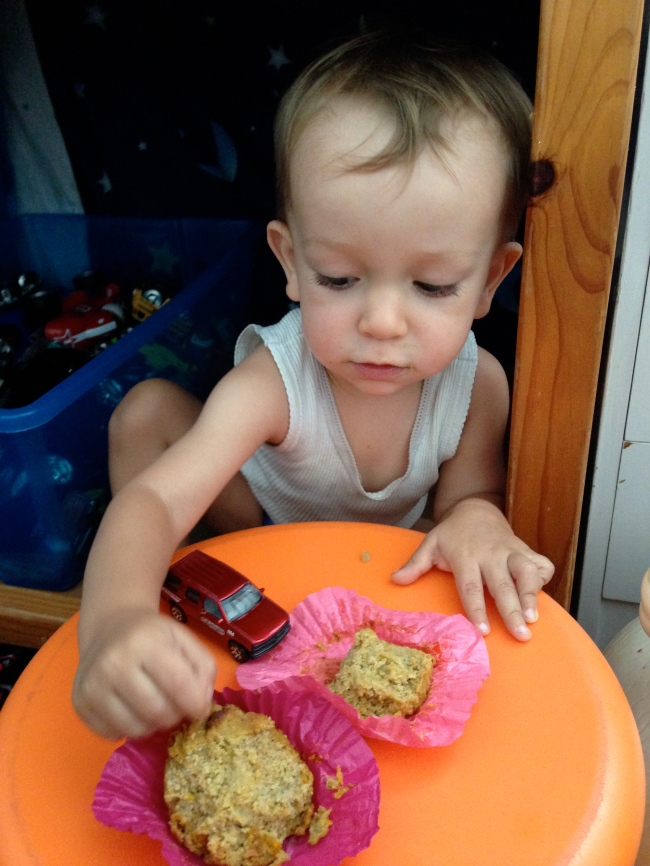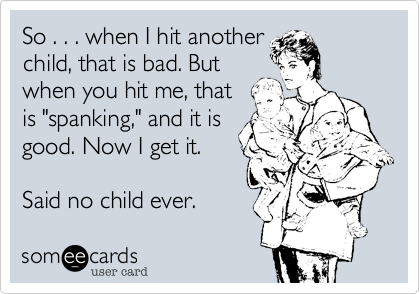Ok I’m purely going to ramble what’s going on in my head.
I’m starting to understand Jehovahs witness’ a lot more. I can appreciate that they feel they’ve found something awesome and life-changing, and they want lots of people to know about it.

Combat global warming.
I’d like to change the worlds mind about consuming and living sustainability. I know Sustainability is not yet a mainstream movement, and I’m surrounded by evidence that even when people know about the issues, they mostly go about consuming in the same way, and living a throw-away lifestyle. I can understand that because it’s taken me until now to adopt the principles myself, despite being a aware of many of the issues and potential solutions. It’s all seemed too hard until now, although I’m realising now it was just my resistance to change. My individual effort to use less, wont stop excess consumption. If I decide to give up meat permanently, it will not stop animals being treated inhumanely or killed. The resources are eventually going to diminish within my lifetime, or my children’s, and I don’t know what effect that will have on their quality of life….And so I want to go and knock on everyones door and tell them how they can join me in preserving whats left of the worlds resources.
A selfish part of me thinks that I can just teach my family how to live happily with less, there will be less impact on us even when the world around us begins to suffer, but then I think of life in other parts of the world, where people have less and are subject to horrible governments, wars over land or beliefs, famine, flood and wonder how I can prepare us for that?
I do see a little bit of hope. People get upset when they are faced with the truth of the products they consume. When it appears on our social media radar, we speak out about destruction of our rain-forests rivers and reefs, or live exports of animals, sow stalls etc. It doesn’t seem to twig that these are the end result of our own consumption of gas, coal, petroleum, aluminium, timber, glass, bacon, lamb, chicken, that they consume. The governments are not going to stop approving mines when the demand is so high. Hate coal mines? Consume less power, and while you’re at it the appliances you no longer buy will help to reduce the need to mine for primary resources.
Change management principles would say I need to start by communicating with people to reach a consensus that there is indeed a problem,prepare a compelling case for changing the current way of doing things. No-one likes to have a solution thrust upon them, especially if they perceive that solution to be a sacrifice, So telling them my solutions only creates resistance. Perhaps people just don’t see the gravity of the issue, but likely they have a lot invested in their current way of doing things and my changes could feel like a personal indictment of their choices. If given a personally relevant reason to change, then each person can contribute in their own way toward a solution. Then change management would say I need to allow people to mourn what they are sacrificing. Acknowledge what’s been lost.
I think my own transition over the past year has been made easier because there was never any finality to any of my changes. I always added new things in one at a time, which just crowded out the bad habits. Also allowing myself to “cheat” whenever I wanted. Knowing something wasn’t off the cards forever made me feel less of a sense of loss, and therefore less longing for it.
I think writing this down has made me think about how I have approached this most recent change with my kids – cutting out meat. They’ve tolerated it very well, and they’re already open to diverse foods, but I haven’t really let them own such a big change in their life. It’s been me imposing changes on them, and to an extent that’s going to happen as I’m the shopper and cook around here. It’s also hard to share whats been a lifetime of confronting images and knowledge that’s culminated in this change. Do I really want to show them the truth of what people can do? and if I don’t, I risk them suffering the consequences, and wondering why I didn’t trust them to make their own choice.



